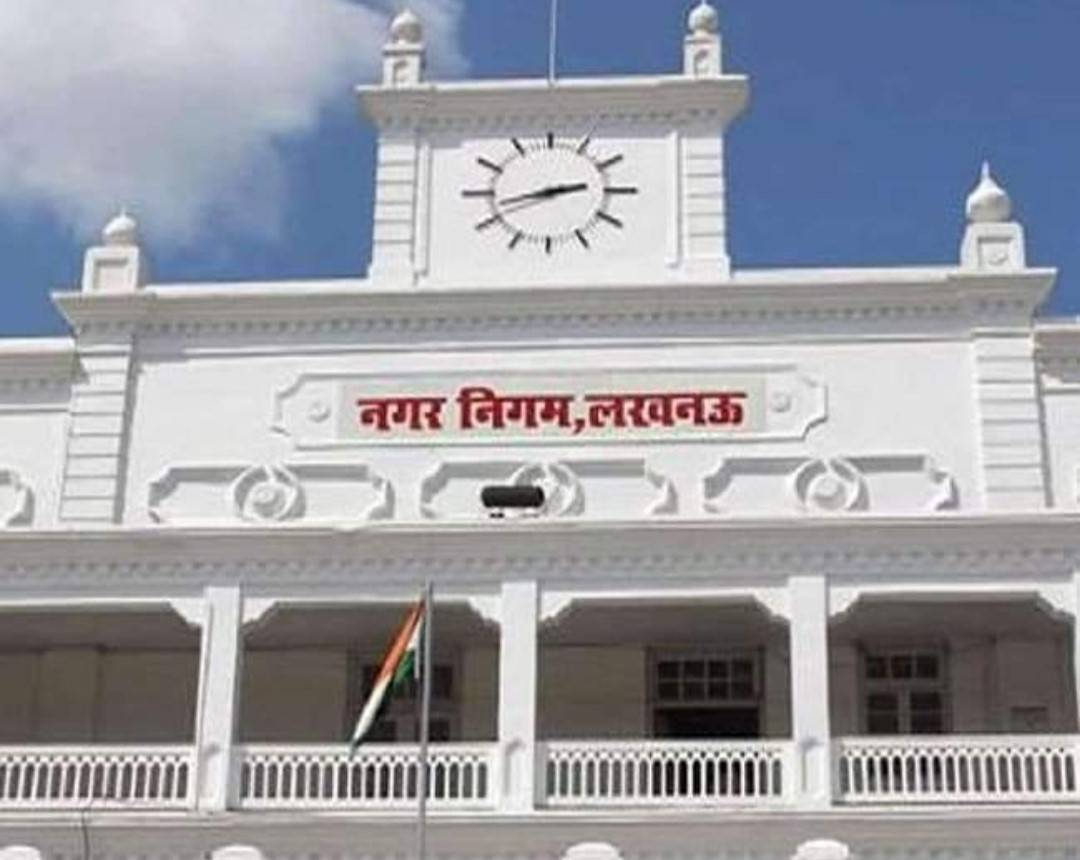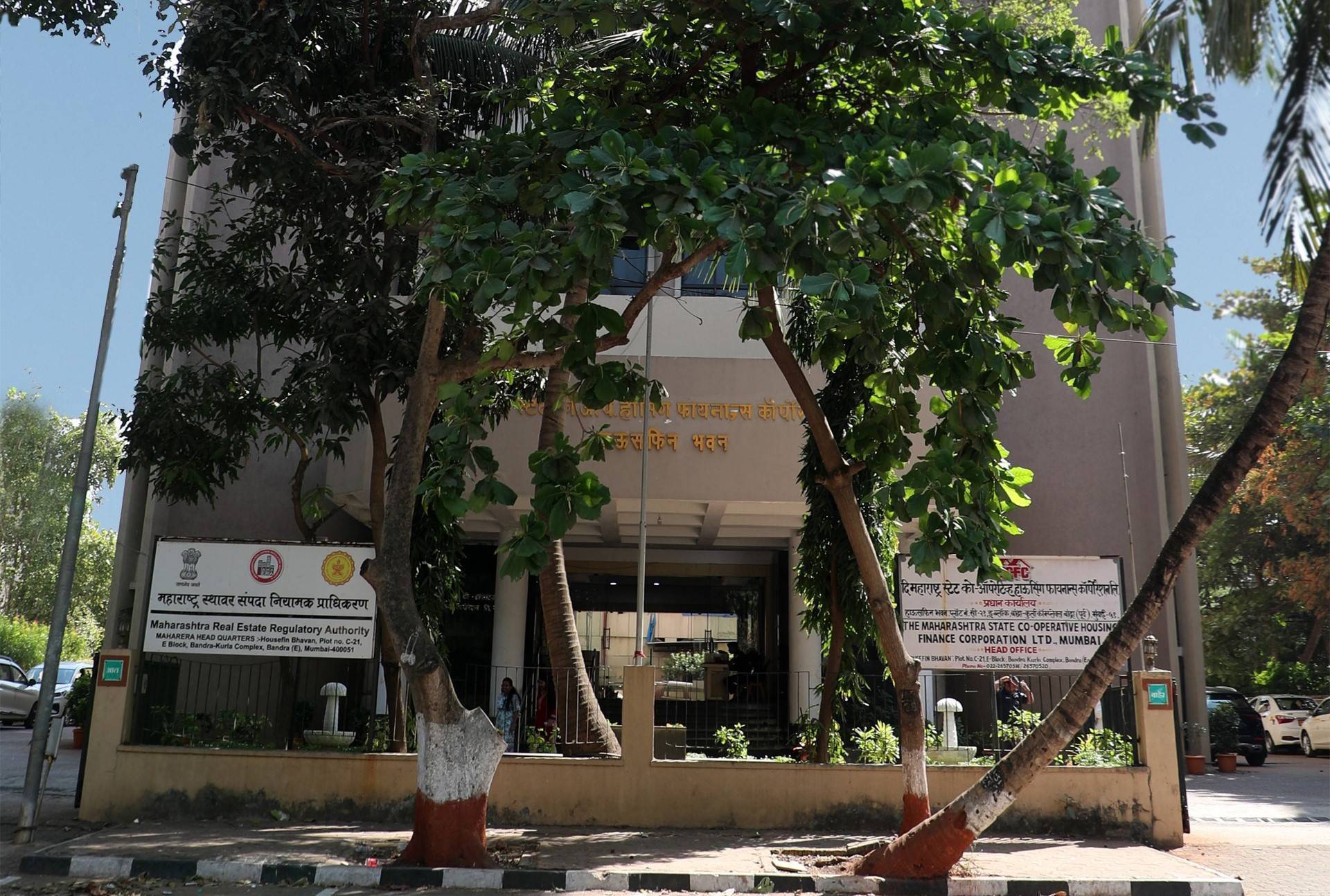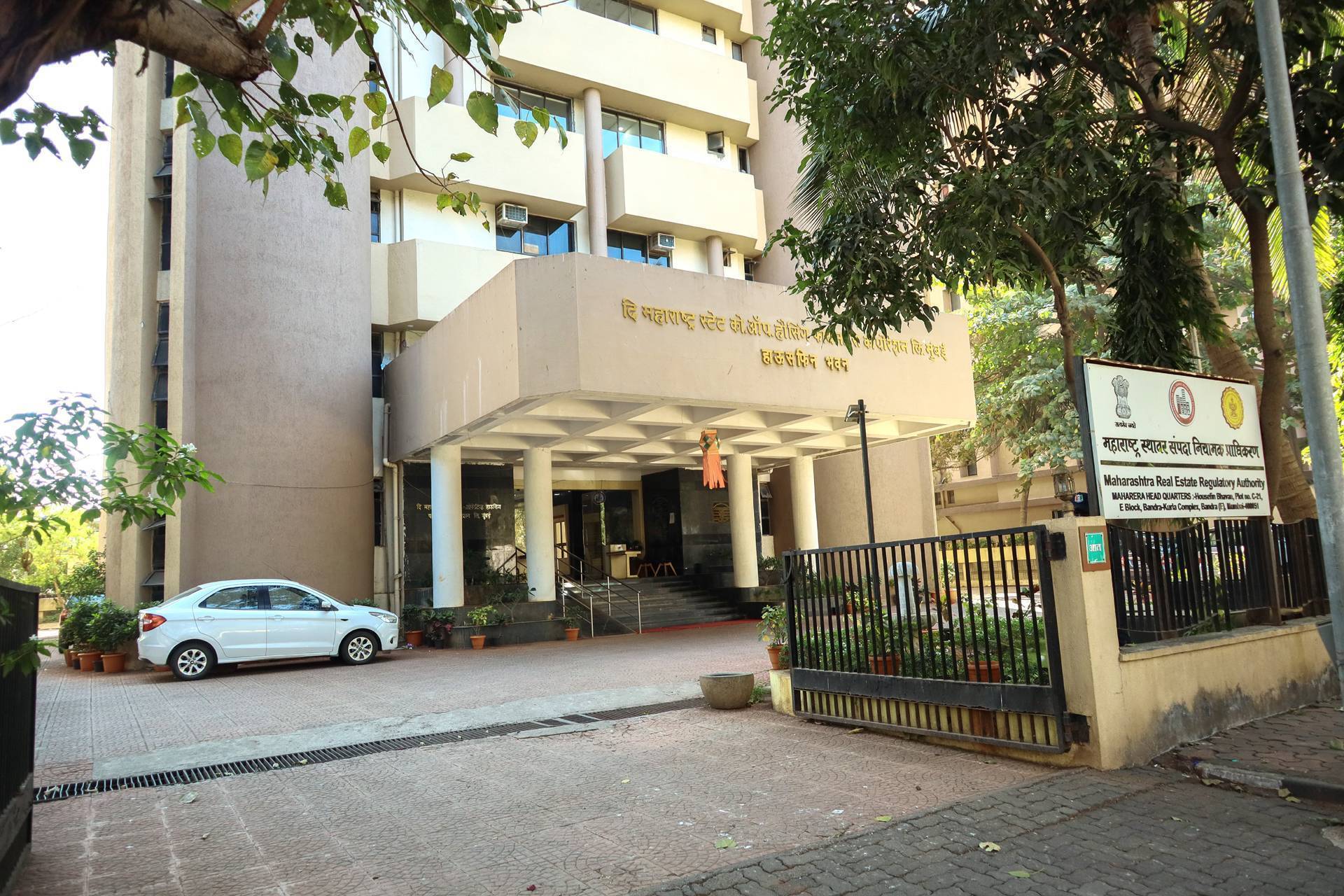The Delhi High Court has directed an analytics firm to respond to a legal plea filed by a rival company alleging theft of primary real estate data. The matter involves Bhugol Analytics Private Limited, operating as CRE Matrix, its directors, and select employees, who have been summoned by the court following allegations made by PE Analytics Limited, also known as PropEquity.
Justice Manmeet PS Arora issued summons in the suit filed by PropEquity, granting time to the defendants to submit written statements. The matter is scheduled for further hearing on September 19, 2025.
According to the plaintiff, the data published by CRE Matrix in its May 2025 “India Housing Report” bears significant similarities to the proprietary residential data collected by PropEquity. PropEquity claims that CRE Matrix had not been operating in the primary residential data segment between 2021 and 2024, raising questions about the source of the figures reported in the May 2025 release.
The complaint also alleges that the defendant firm recruited former employees of PropEquity who had held key positions and resigned, violating non-compete agreements. PropEquity claims these ex-employees shared confidential information with CRE Matrix, resulting in the compromise of proprietary data. The company has accused the defendants of collusion in misappropriating primary residential data and has sought both permanent injunctions and damages amounting to ₹8 crore.
PropEquity has also filed complaints with the Gurugram Cyber Crime Branch, which has reportedly initiated investigations into the alleged data theft. The legal action underscores the growing importance of protecting proprietary information within India’s real estate analytics sector, where data integrity is critical for accurate market reporting and investor decision-making.
The Delhi High Court’s intervention highlights the judiciary’s active role in addressing corporate disputes involving intellectual property and data security. The court’s summons ensures that the defendants formally respond to the allegations and provides a structured process for resolving disputes over proprietary information.
The case has broader implications for the real estate data analytics industry, where competition is intensifying and reliance on primary data for market insights is increasing. Companies are under pressure to maintain stringent data protection measures and respect non-compete clauses to safeguard sensitive information and maintain credibility in the sector.
Industry observers note that data theft allegations can impact market confidence and the reliability of analytics firms. As real estate investors increasingly rely on data-driven insights for decision-making, ensuring ethical practices and compliance with intellectual property laws is critical for sustaining growth and trust in the analytics ecosystem.
The Delhi High Court’s next hearing on September 19 will be closely watched by industry stakeholders, as it could determine both legal accountability and reinforce best practices in data management within the sector.
Image source-livelaw.in









.png)